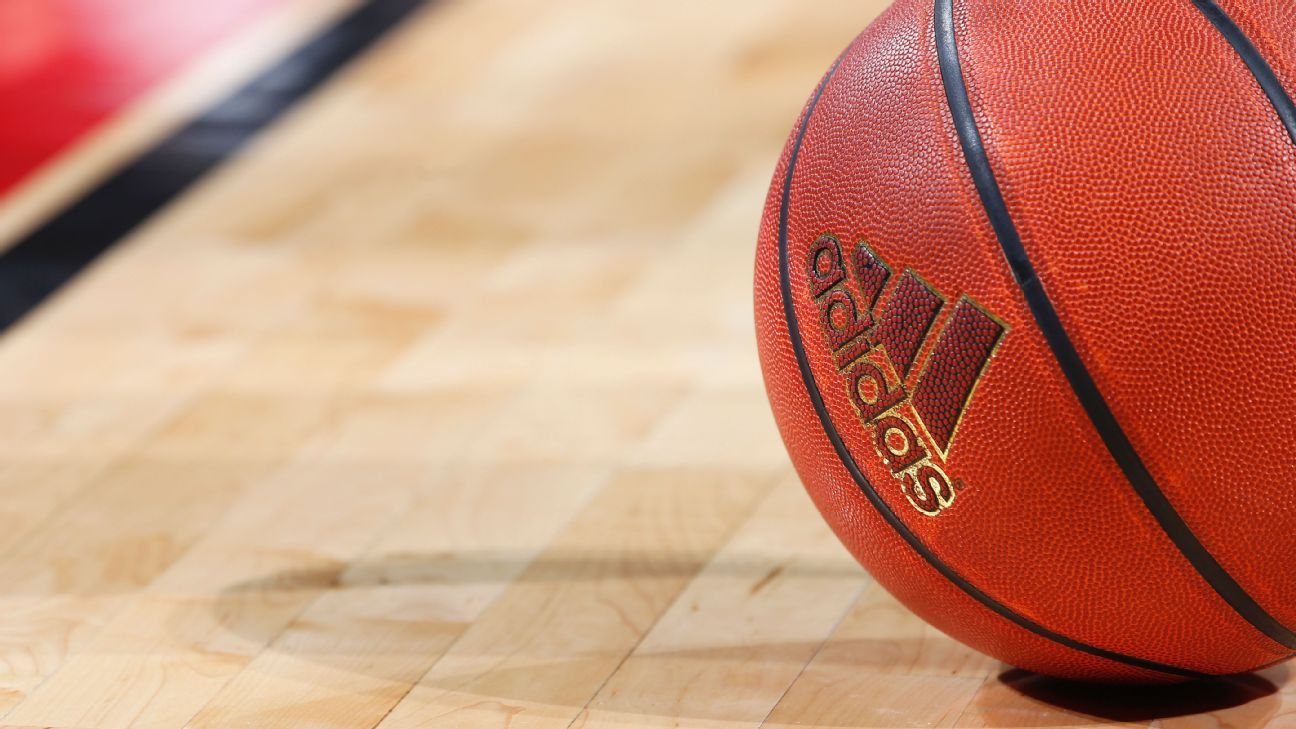
FIBA's Basketball Arbitration Tribunal (BAT), the legal body charged with resolving labor and financial disputes among international teams, players, agents and coaches, has issued guidelines outlining its intentions for future cases affected by the coronavirus pandemic.
"Given the extraordinary situation caused by the current COVID-19 pandemic and in order to provide greater legal certainty to the basketball community, the Guidelines have been issued by the BAT President Prof. Dr. Ulrich Haas, the BAT Vice-President Raj Parker, and all BAT Arbitrators," FIBA said in a statement posted to its website. "They are intended to provide ... guidance in proceedings and help facilitate amicable settlements."
In March, when most leagues decided to suspend or cancel their seasons, about 30% of the schedules remained. Most international teams have suspended or terminated contracts for players and coaches, leaving remaining payments up in the air. With revenue grinding to a halt, there is significant concern that the pandemic may bring international leagues to their knees if teams were forced to pay contracts in full, something that is addressed by the BAT. For example, salaries that were due prior to league suspensions are not subject to any reduction.
Some of the more notable guidelines include that players making more than approximately $2,700 a month may have their remaining salaries reduced by 50 percent, taking into account circumstances of the team, player or coach. Also, the guidelines state that "amicable settlements are the preferred means of resolution," and outline what to do with contracts and salaries if play resumes in international leagues.
The BAT stated that the COVID guidelines are temporary and subject to adjustments. Further, it explains that these guidelines are not binding rules, and that BAT still has the ability to decide individual cases based on extenuating circumstances.
These measures are not expected to have much impact on the NBA's negotiations with the NBA Players Association, as the NBPA had already agreed to a 25% reduction in salary beginning with the biweekly payment due May 15. The NBA collective bargaining agreement stipulates that compensation for players can be reduced in the event of a force majeure event, such as an epidemic, in accordance with a formula based on the number of games missed.
ESPN's Adrian Wojnarowski previously reported that players could lose 23% to 26% of their season salary -- based on how many games their teams have already played -- if games don't resume. The NBA and NBPA will spread out the salary deductions into the first four pay periods, through November and December, of the 2020-21 season, sources told Wojnarowski.
FIBA has the power to ensure that BAT resolutions are honored by parties through sanctions and restrictions on signing new players. BAT has ruled on more than 1,500 cases over the past decade.
International basketball -- with domestic and pan-continental leagues worldwide -- required a body like BAT, which was established in 2006, to step in with guidelines. Unlike the NBA, there is no CBA, no standard contracts and no formally recognized union or players association. Complicating matters is the fact that the overwhelming majority of international basketball contracts do not possess force majeure language.
Of note among the other BAT guidelines:
Teams shall continue to provide amenities as stipulated in contracts, such as housing, cars, meals, and health insurance, "provided the player is dependent on them and to the extent they are proportionate."
The obligation of players to provide sporting services shall be suspended, except as public health guidelines permit. Players are under an obligation to stay fit and healthy, to the extent possible under the conditions prevailing in the relevant country, and to participate in any scheduled team activities that are permissible.
In deciding how to enforce salary reductions, the BAT says it will take into account how the club plans to use liquidity saved through salary reductions.















 Phone: (800) 737. 6040
Phone: (800) 737. 6040 Fax: (800) 825 5558
Fax: (800) 825 5558 Website:
Website:  Email:
Email: 






